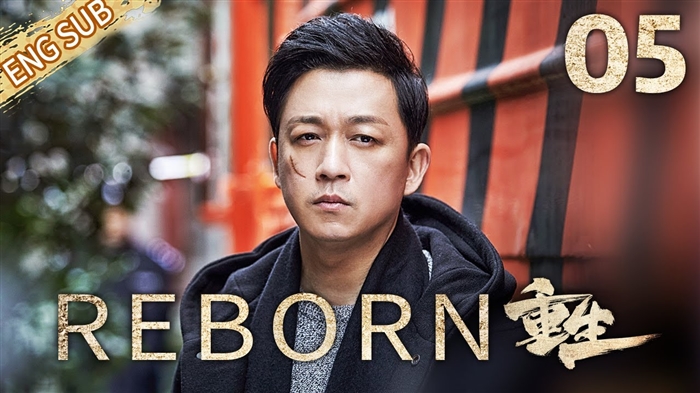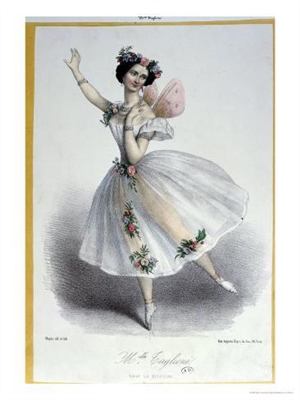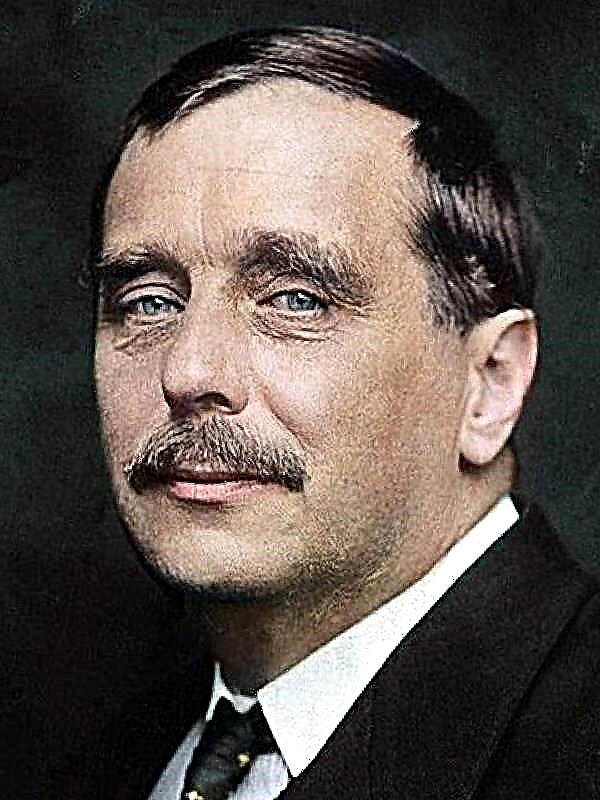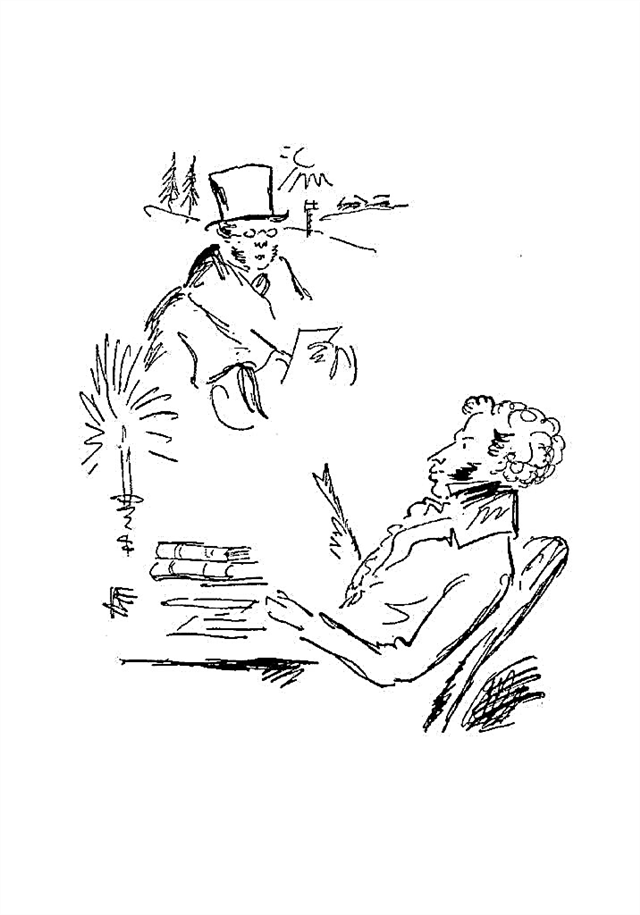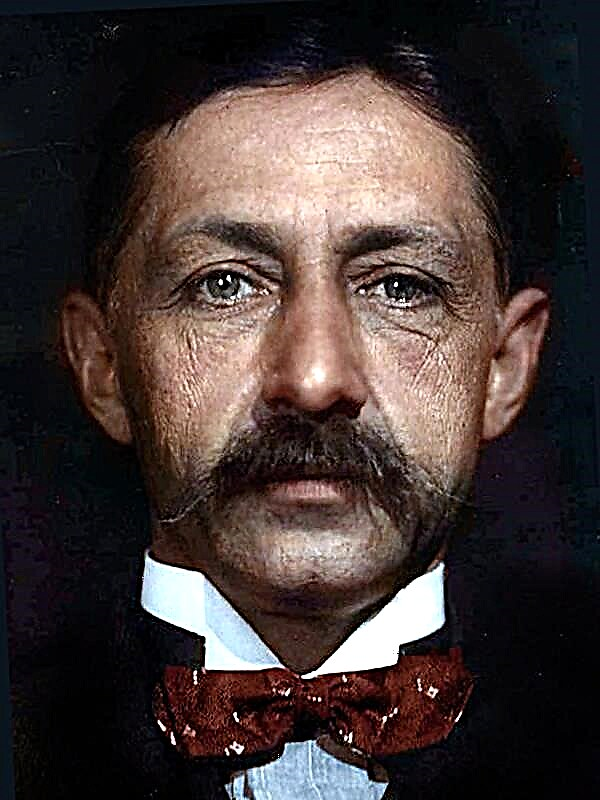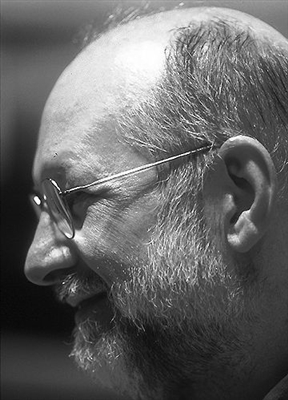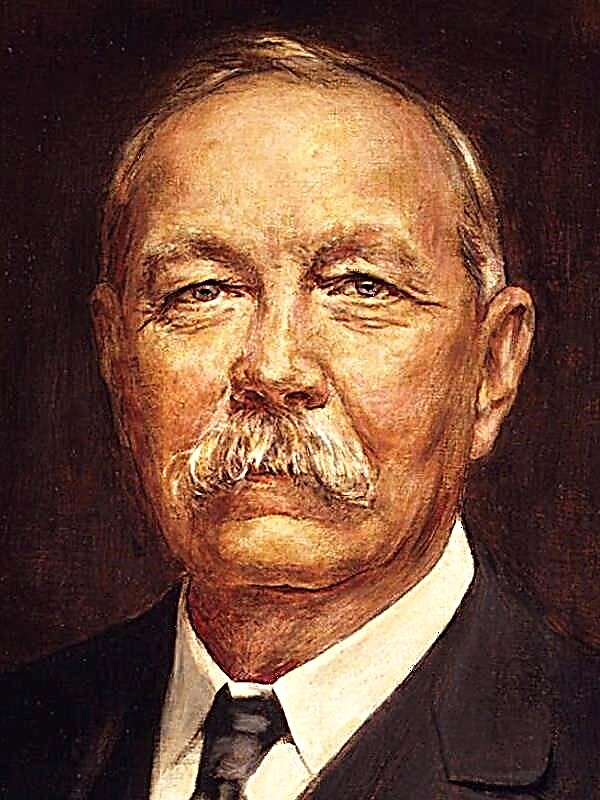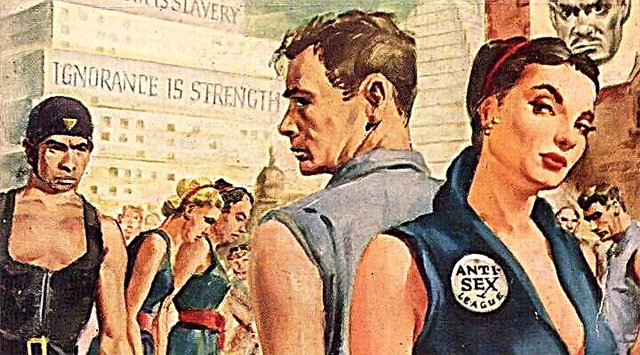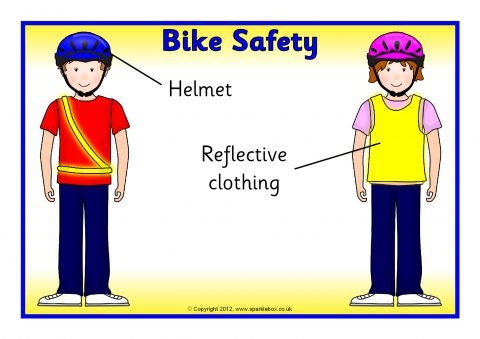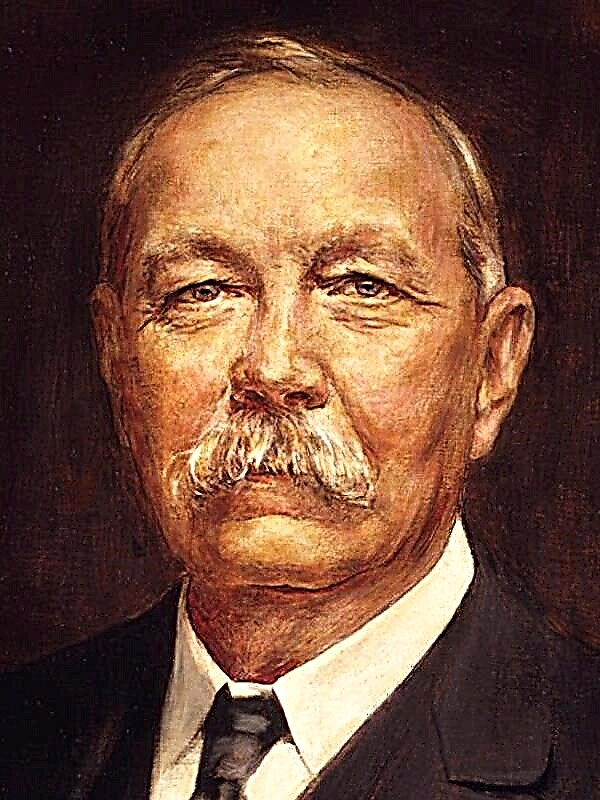Nekrasov considered it a sacred duty for him to open the vital ulcers of Russian public life and openly demonstrate them, believing in the power of his poetic art. The poem "Railroad" just refers to the genre of civic lyrics. This article presents a very short summary of the poem for the reader's diary, which will help to use the plot and the main events from the work as arguments.
(297 words) Sitting inside the carriage, Vanya asks his father, who built the railway on which their train travels? In response, he hears that this is the work of Count Peter Kleinmichel. And outside the window is a beautiful autumn. Everything is pleasant to the narrator in Russia - even stumps and swamps. He looks under the moonlight at all this natural wealth and thinks about his ...
But reflections are interrupted by the very dialogue between father and son. And then the narrator turns to Van and shares the truth: hunger rules the world, which makes people make huge sacrifices. Does the boy imagine how many lives were destroyed during the construction of this railway?
Here the narrator draws Vanya's attention to the voices of the dead outside the window. They talk about what kind of torment they had to go through, so that now the descendants could reap their benefits. The narrator tells the child not to be afraid of these voices, because they are the same people-brothers. Here Belarus, disfigured by overwork, is already habitually hammering the ground with a shovel. The lyrical hero tells the boy that both of them should have such a habit of work. And no matter what happens, the Russian people will endure any difficulties and build a beautiful future. True, it will come when neither the narrator nor Vani will be in the world.
But then a whistle sounds, and the boy tells his father about an amazing dream, from which he learns that simple men built the road. The father-general laughs and tells the narrator that great buildings and works of art cannot be created by too stupid people. The people are barbarians, they are only capable of destruction. And the general ends with a rebuke to the narrator that he could show the child and the bright side of the coin. The lyrical hero agrees and says that at the end of the work, the peasants stood and paid it incomprehensibly for what debts to the tenants. The contractor arrived and, satisfied with the work done, praised the men and gave them a present: a free barrel of wine, and forgiveness of all the arrears. The hats took off, the people rejoiced: “It seems difficult to please the picture. General?”

